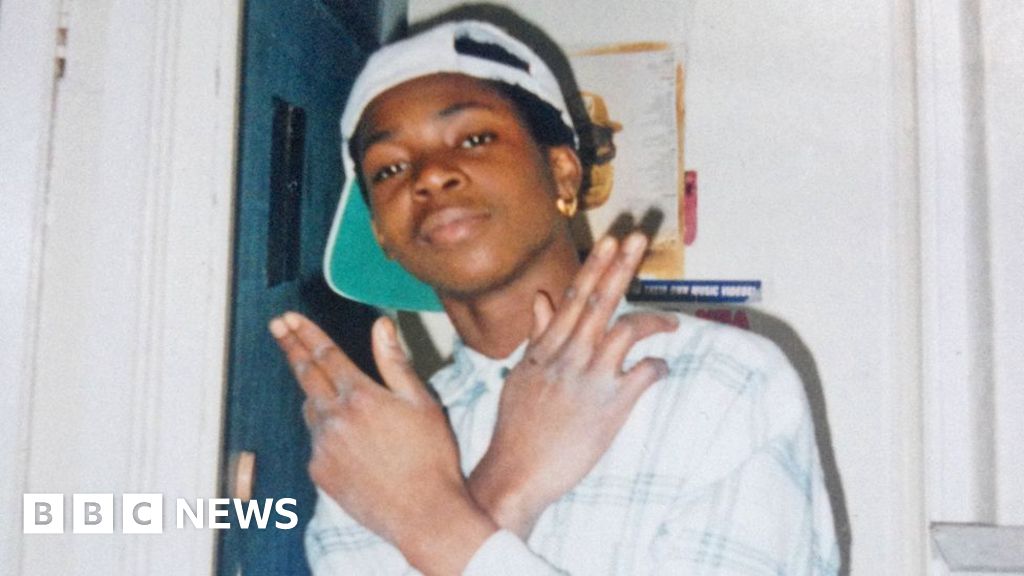
Iwao Hakamada spent almost 50 years on death row (Image: Getty)
A man from Japan who was the world's longest-serving death row inmate after being wrongly convicted of murder has been awarded a £1.1million payout. Iwao Hakamada, 89, was found guilty in 1968 of killing his boss, his boss's wife and their two children. He was acquitted last year after a retrial.
Lawyers acting for Mr Hakamada argued that 47 years behind bars had taken a toll on his mental health as they sought the highest level of compensation, according to the BBC. Judge Kunii Koshi granted their request on Monday (March 24) and agreed he had endured "extremely severe" pain, both mentally and physically.
Local media in Japan has widely reported that the payout if the biggest for a criminal case in the country's history. The Japanese government will pay the compensation, which Mr Hakamada's legal team has said fails to compensate him for the pain he went through.

Iwao Hakamada's sister Hideko, 91, fought for decades to secure his release (Image: Getty)
Invalid email
We use your sign-up to provide content in ways you've consented to and to improve our understanding of you. This may include adverts from us and 3rd parties based on our understanding. You can unsubscribe at any time. Read our Privacy Policy
The payout represents £64 for each day of Mr Hakamada's detention, with most of those years spent on death row when each day might have been his last.
In September, Shizuoka District Court ruled Mr Hakamada was not guilty and that police had tampered with evidence.
The court said at the time that Mr Hakamada had suffered "inhumane" interrogation aimed at forcing a confession, according to the Agence France-Presse (AFP) news agency.
Mr Hakamada wasn't in court to listen to the ruling due to an exemption from all previous hearings due to his mental state.
After his release from prison, he was being cared for by Hideko, his 91-year-old sister who had battled for decades to clear her brother's name.
AFP reports that Mr Hakamada was the fifth death row prisoner to be granted a re-trial in Japan since the Second World War. It notes all four previous cases also led to exonerations.

 2 weeks ago
8
2 weeks ago
8










 English (US) ·
English (US) ·